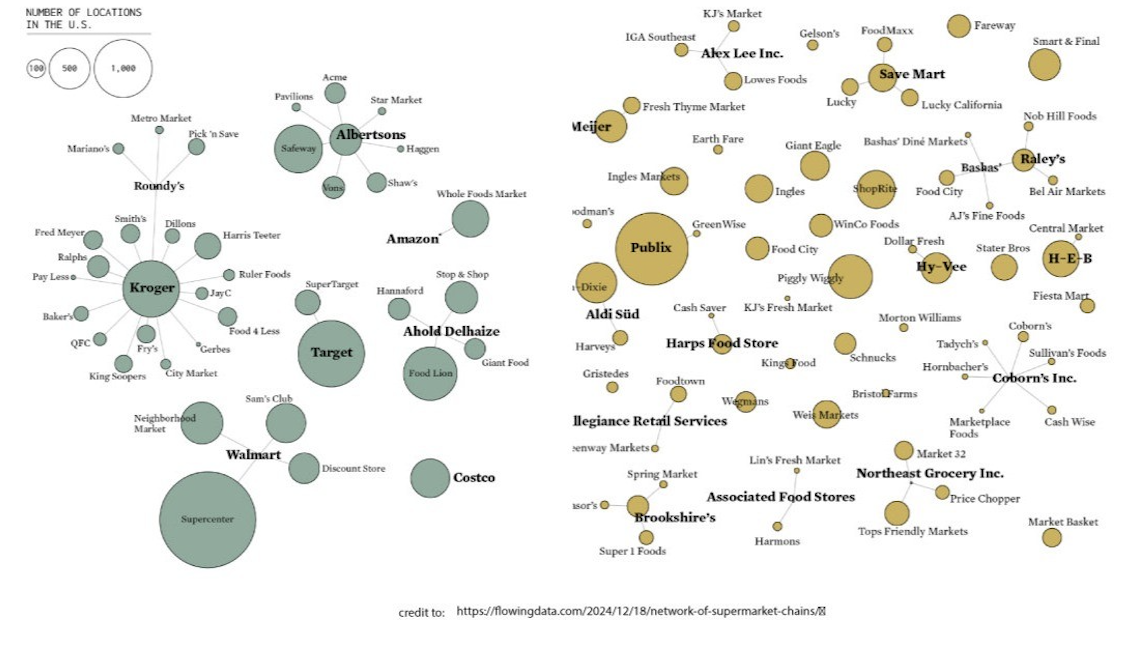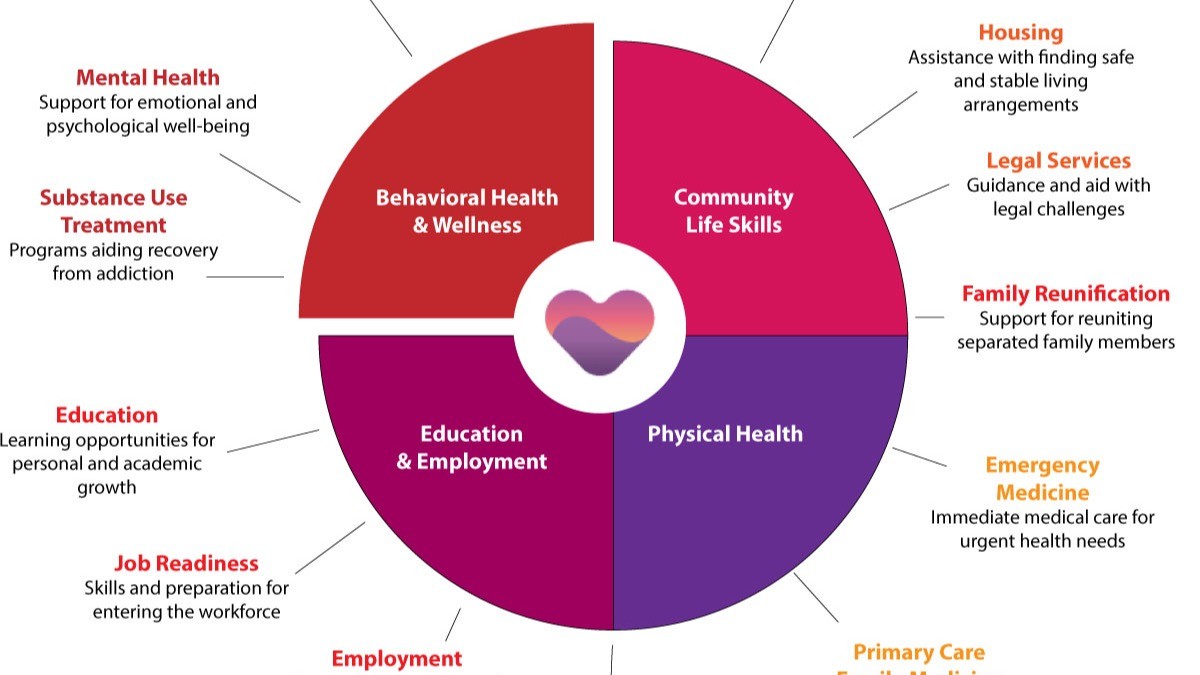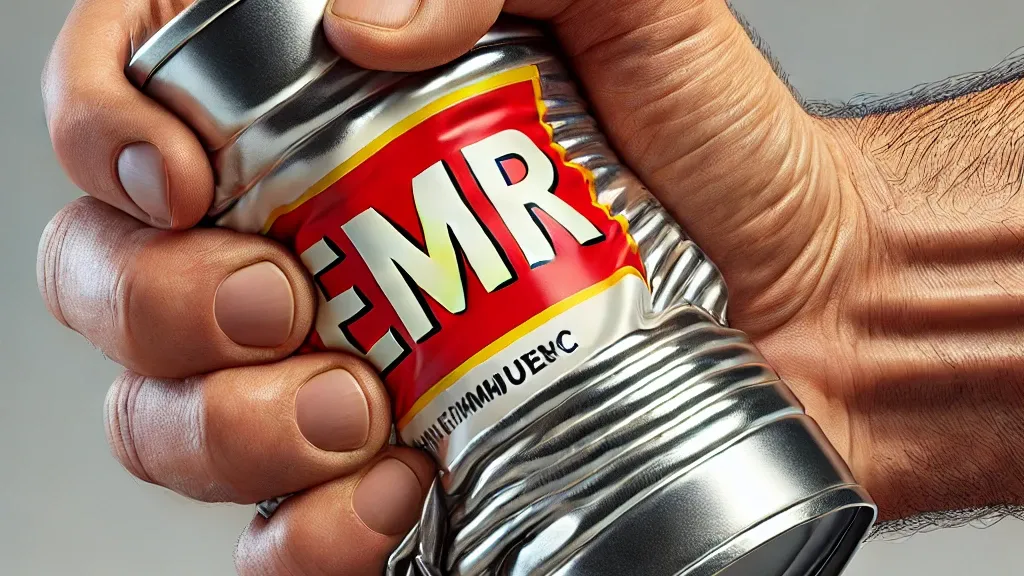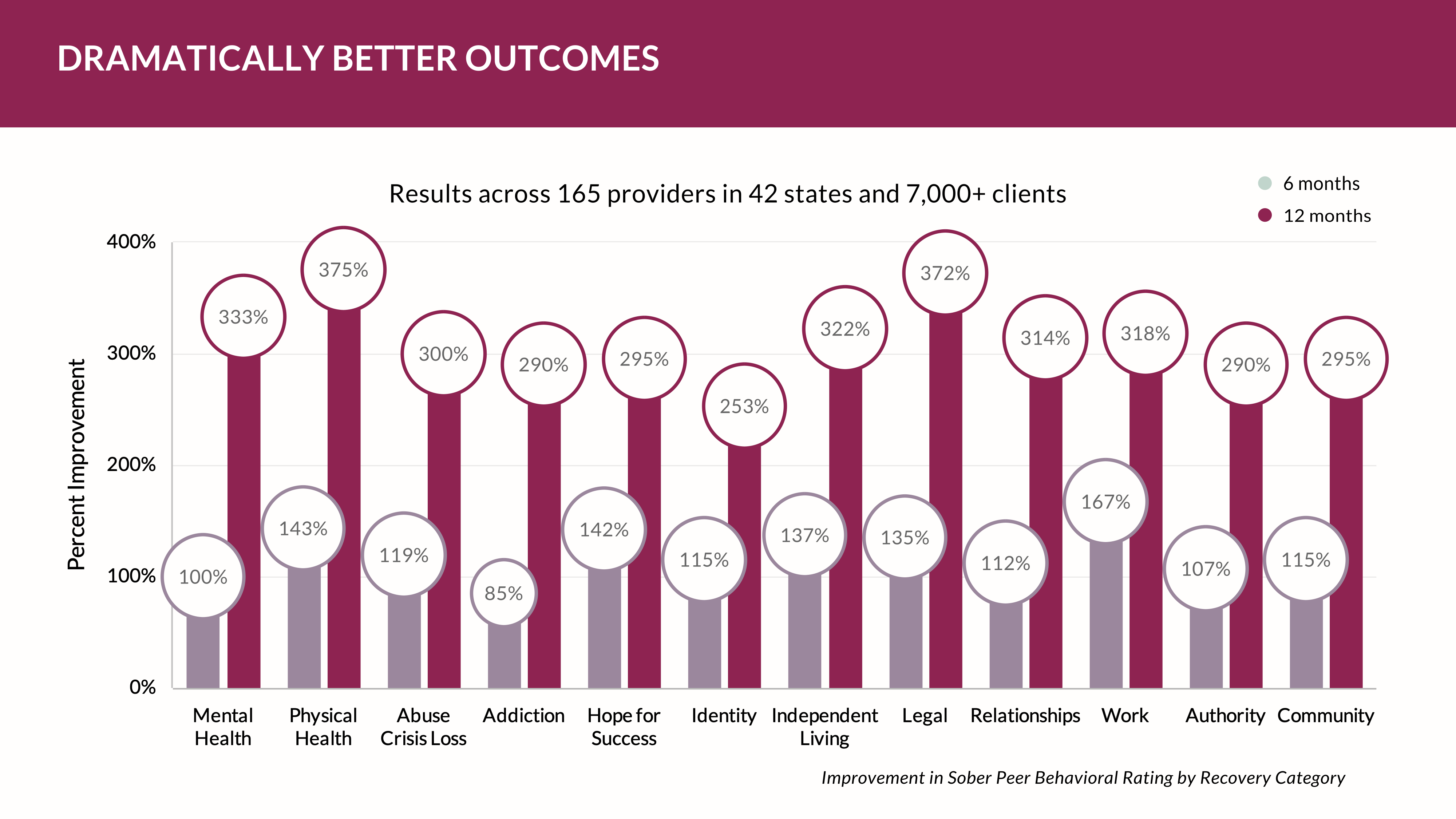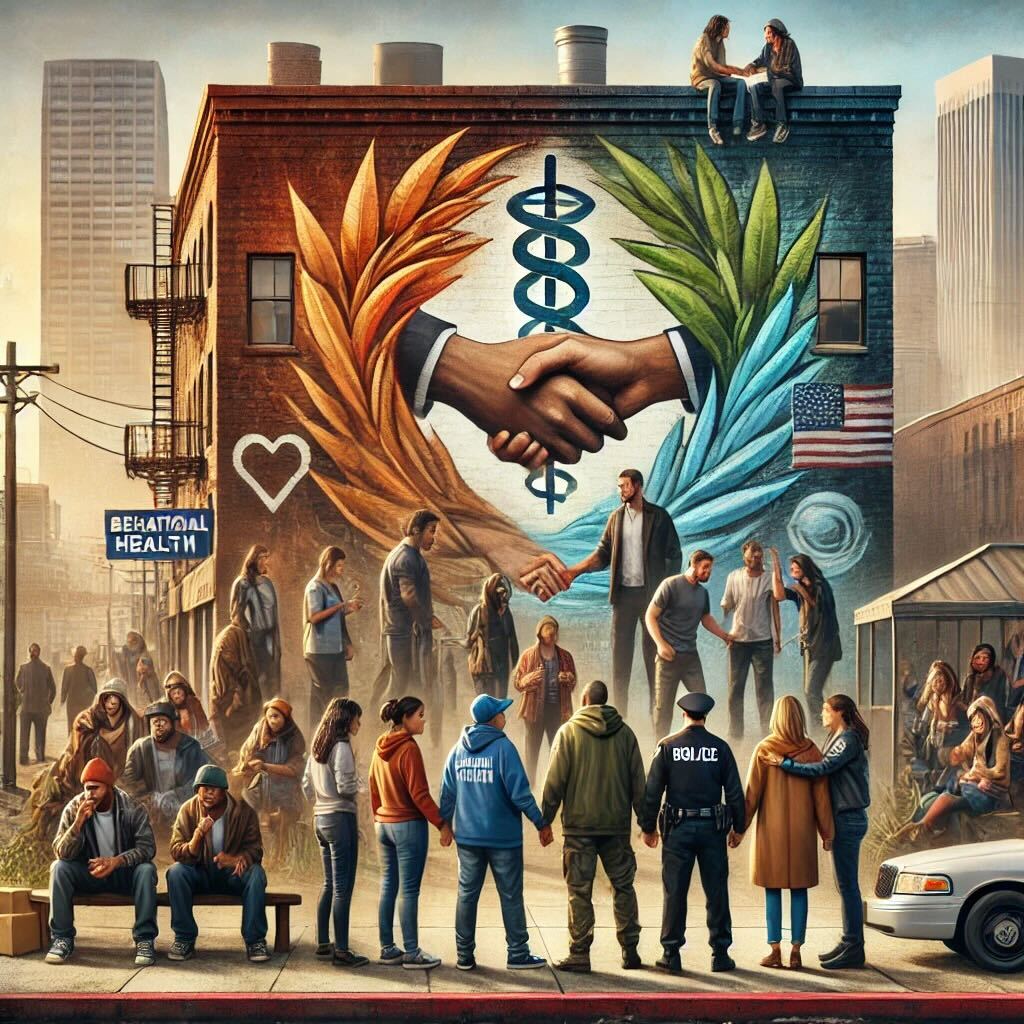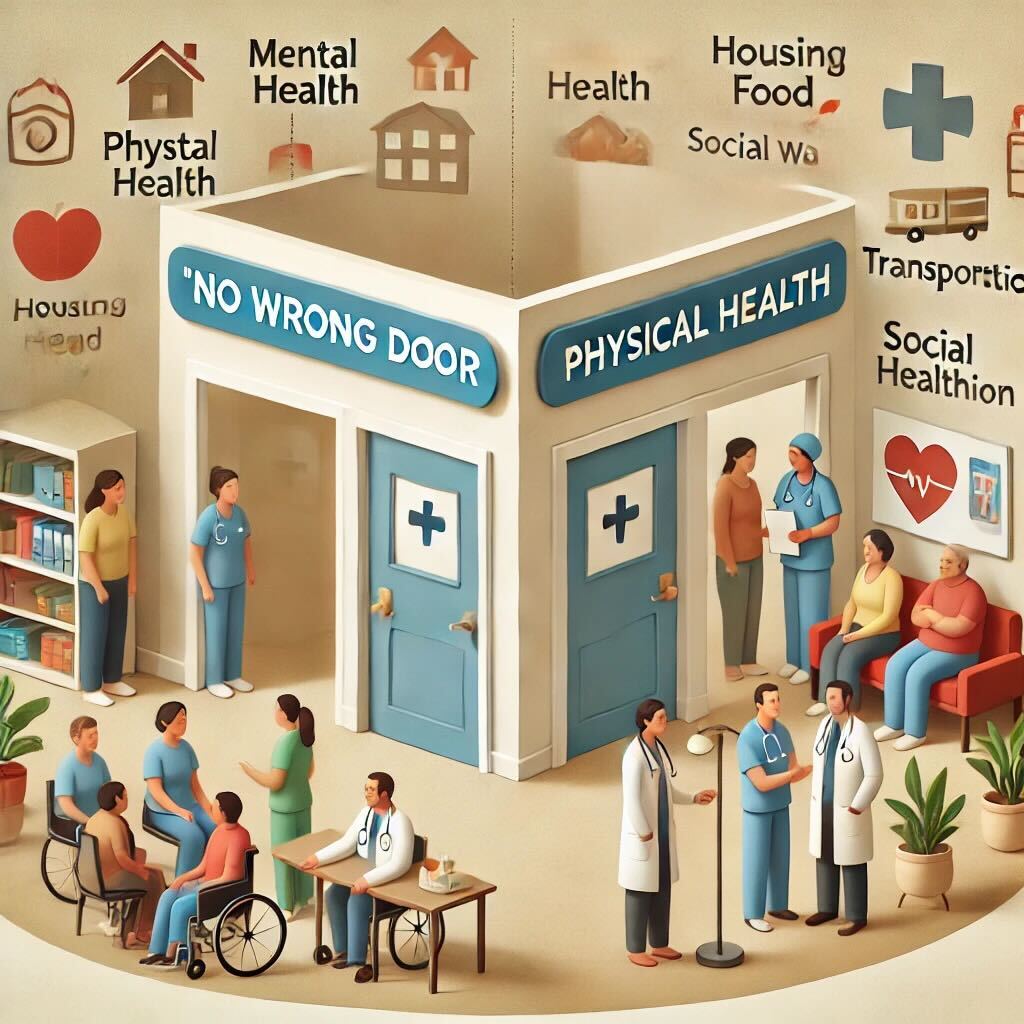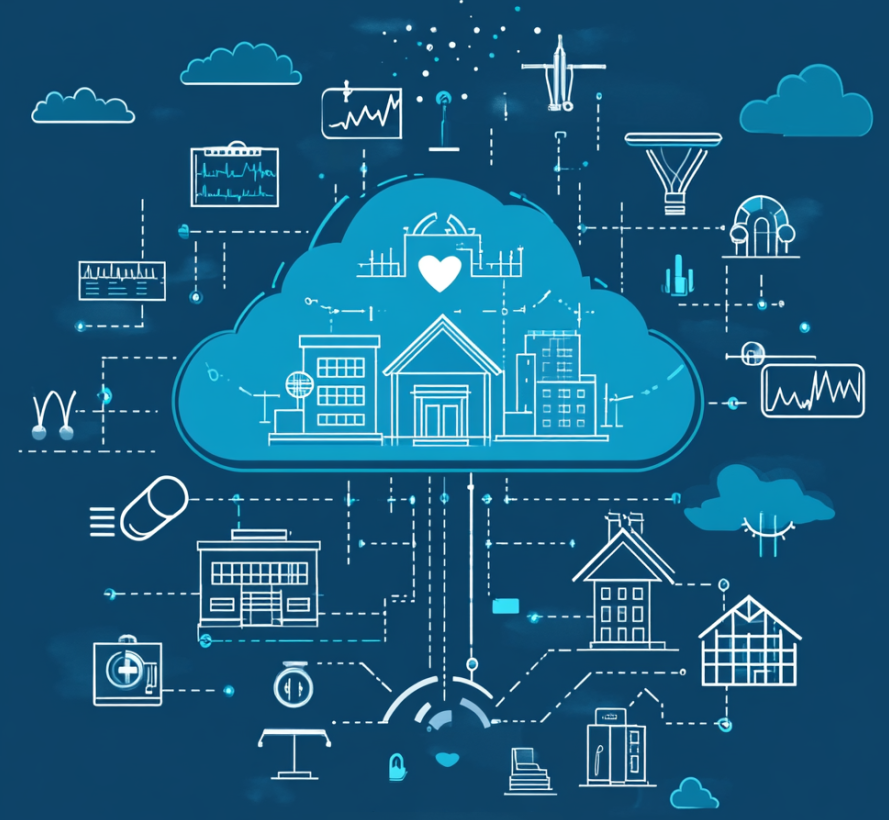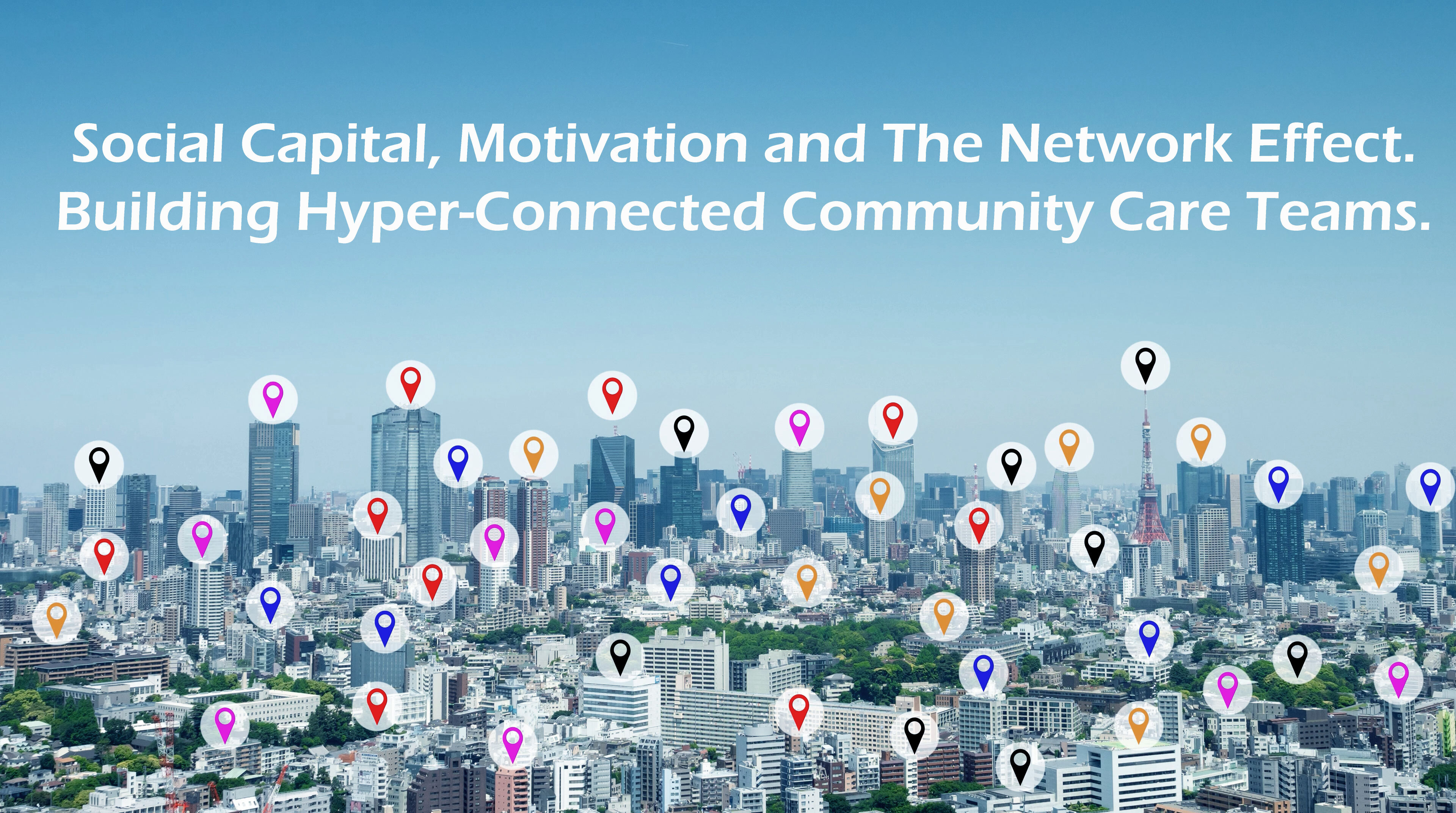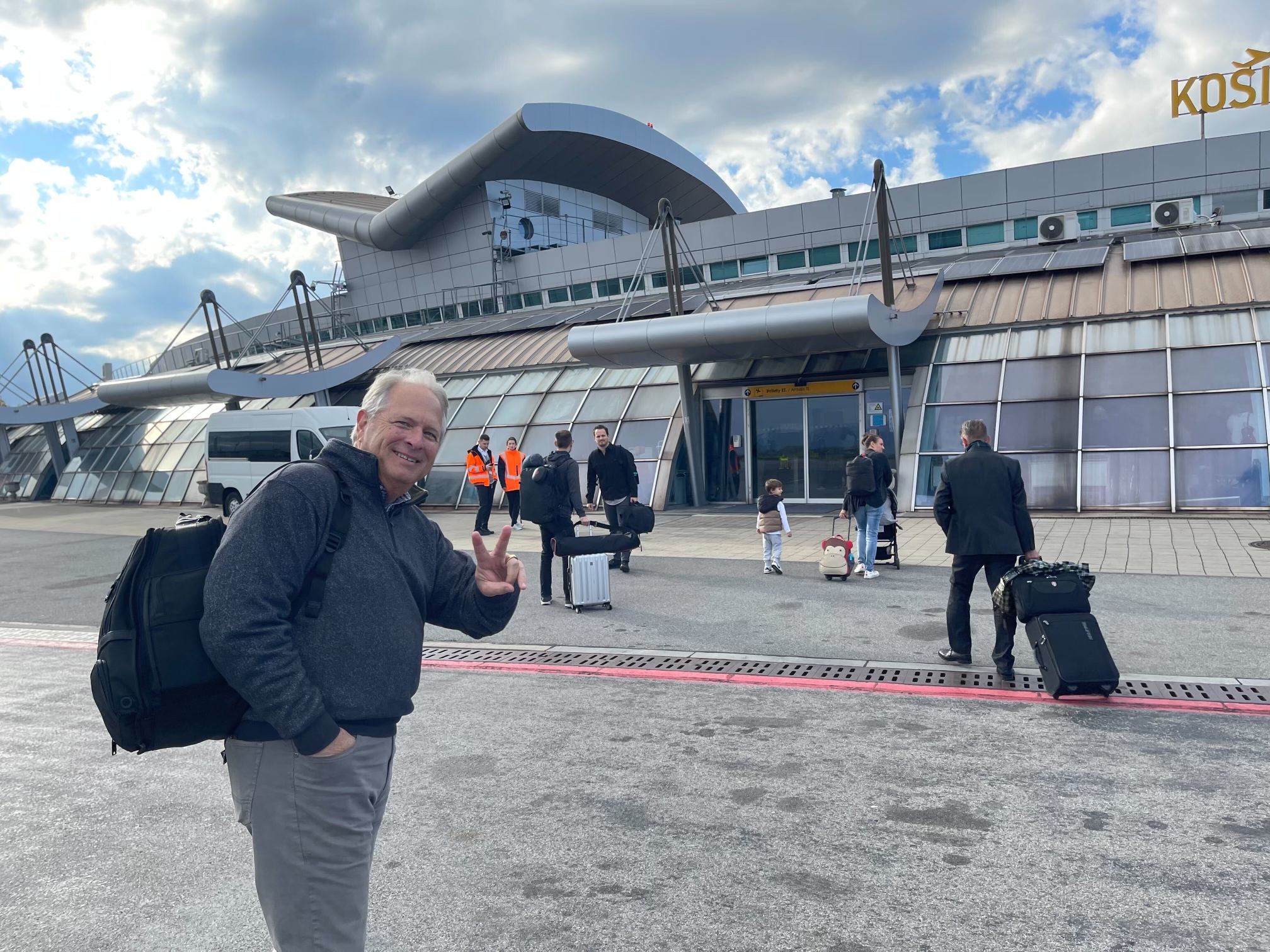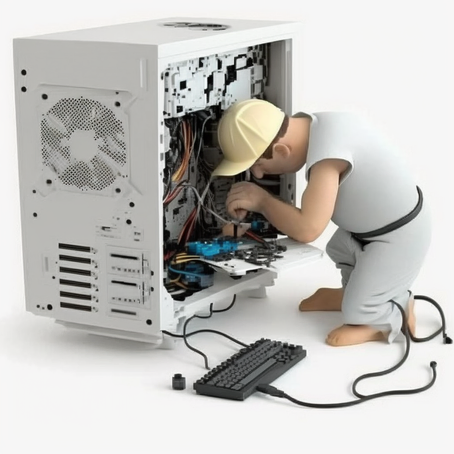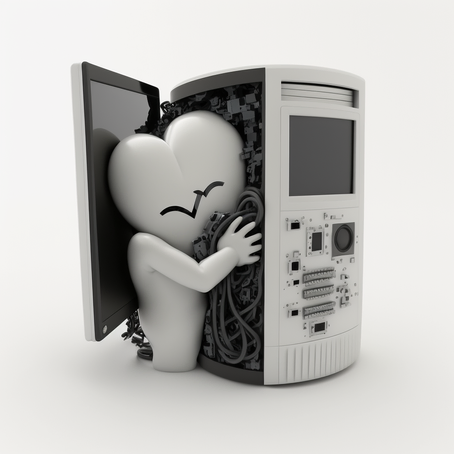Published Date:
Oct 3, 2024
Exclusive
Mental Health
Addiction
Drugs
Breaking the Cycle: How an Integrated “Cure Violence” Program Can Transform Communities
Addressing Gang Violence and Homelessness Through Behavioral Health and Community Collaboration
Gang violence and homelessness are two of the most pressing issues facing urban communities. Both problems affect the quality of life for residents and create an environment where safety, health, and economic growth are compromised. Understanding the link between gang violence, homelessness, and community well-being is key to finding solutions.
Gang violence brings fear and instability to neighborhoods. Families worry about the safety of their children, businesses face challenges operating in dangerous areas, and property values decline as violence escalates. Gang members, often recruited at a young age, find themselves caught in cycles of crime and imprisonment. For these individuals, opportunities for education and employment diminish, leading to further disengagement from society.
Homelessness adds another layer of complexity. The number of people experiencing homelessness has risen steadily. People without stable housing face significant barriers to health care, jobs, and education. Studies have shown that individuals who are homeless have healthcare costs far higher than those who are housed. This increased cost is due to factors such as unmanaged chronic diseases, lack of preventative care, and mental health crises.
Both gang members and people experiencing homelessness often have more frequent interactions with the criminal justice system. Unhoused individuals are more likely to be arrested, and those released from prison have high rates of recidivism. This not only strains law enforcement resources but also leads to overcrowded jails and overburdened court systems.
The impact on communities is immense. Homeless encampments often deter tourism and business investment. Many cities have resorted to clearing out homeless camps or criminalizing sleeping in public spaces, but these measures do little to solve the root problems.
An effective solution to these interconnected issues requires a holistic approach. One promising model is an integrated “Cure Violence” program using a behavioral health framework. This program aims to redirect gang members and unhoused individuals toward personal growth and self-sufficiency.
The key to this program is a fully integrated community network. In this model, agencies, hospitals, law enforcement, judicial programs, and charitable organizations work together, sharing information in real time. This allows for a seamless transition between services, from health care to housing to employment support. For example, when a gang member or homeless individual is arrested, they are immediately connected with social services and mental health professionals, who create a personalized plan to address the underlying issues that led them to crime or homelessness.
Additionally, the program provides access to mental health care, addiction treatment, job training, and housing assistance. By treating the root causes of gang violence and homelessness—such as trauma, lack of opportunity, and untreated mental health issues—this approach helps individuals rebuild their lives and become productive members of society.
The integration of behavioral health services is crucial. Many people involved in gangs or living on the streets suffer from untreated mental health conditions. By intervening early and providing comprehensive support, the program can reduce recidivism and prevent future homelessness.
In conclusion, gang violence and homelessness are significant issues that negatively affect communities. A fully integrated "Cure Violence" program, focused on personal growth through behavioral health services, has the potential to change the trajectory for individuals trapped in cycles of violence and homelessness. By creating strong partnerships across sectors and focusing on long-term solutions, communities can improve safety, health, and overall quality of life.
Other Blogs
The Plan No One Sees Coming—But Soon Will
Exclusive
Mental Health
Addiction
Drugs

Ant Pheromone Study May Improve Mental Health Outcomes
Exclusive
Mental Health
Addiction
Drugs
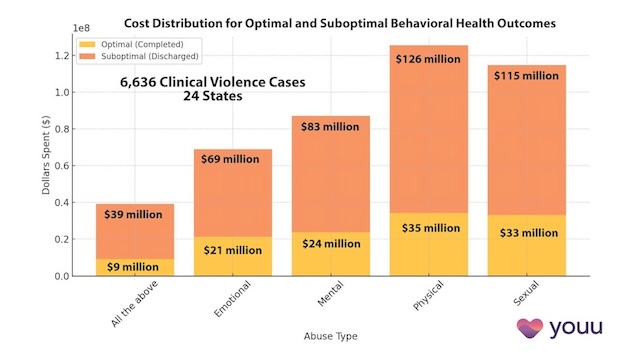
Interrupting Violence Should Be Irresistibly Investable
Exclusive
Mental Health
Addiction
Drugs
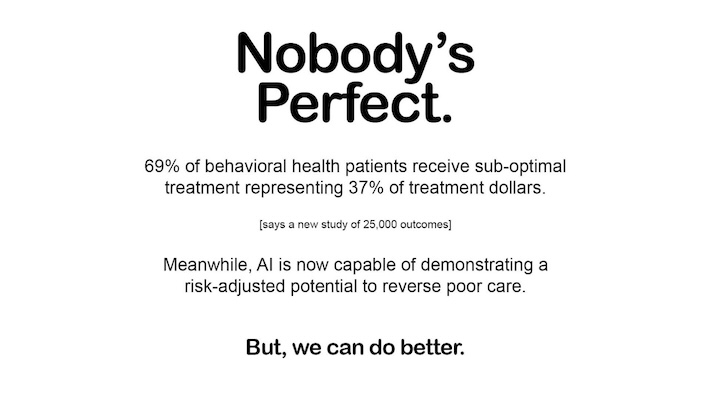
69% of Behavioral Health Patients Receive Sub-Optimal Care According to a New Analysis
Exclusive
Mental Health
Addiction
Drugs
Other Blogs
Have Questions? Lets Meet
Select a time you like to meet with us
